FDI enterprises still face many challenges
On April 23 in Hanoi, Head of the Central Policy and Strategy Committee Tran Luu Quang met, discussed and worked with a delegation of leaders of typical enterprises and FDI investors in Vietnam, along with representatives of foreign business associations and leaders of several localities.
Speaking at the meeting, Mr. Tran Luu Quang emphasized that the foreign direct investment (FDI) sector continues to play a key role in the country's economic development. In 2024, the total newly registered, adjusted, contributed, purchased shares and contributed capital FDI capital will reach nearly 38.23 billion USD. The export turnover of this sector, including crude oil, is estimated at nearly 290.8 billion USD, up 12.2% compared to 2023 and accounting for 71.8% of the country's total export turnover.
However, FDI enterprises are still facing many challenges. Mr. Vu Duc Giang - Chairman of the Vietnam Textile and Apparel Association said that the Vietnamese textile and garment industry is currently heavily dependent on the US market with an export turnover of 16.6 billion USD in 2024. However, the instability from the new US tariff policy is disrupting the supply chain, affecting jobs and the confidence of international partners.
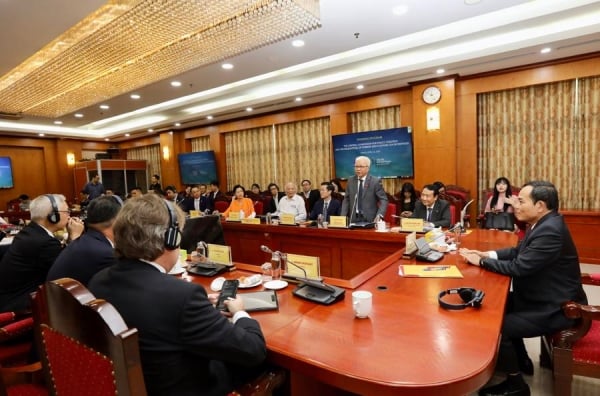
“Many large orders have been delayed or suspended, causing a chain reaction affecting workers’ jobs, market stability and the confidence of international partners in the Vietnamese textile and garment industry,” said Mr. Giang.
In the retail sector, Mr. Olivier Langlet - CEO of Central Retail Group in Vietnam reflects that one of the biggest barriers today is access to land, especially in large cities where the overall planning is not clear and synchronous. In addition, the procedures for applying for a business license in the retail sector are still complicated and time-consuming.
“Currently, FDI investors have to spend tens of millions of USD to develop projects in Vietnam, but do not know exactly when they will be granted a business license. This seriously affects the progress and implementation efficiency of enterprises in Vietnam,” Mr. Langlet emphasized.
From a legal and administrative perspective, Mr. Seck Yee Chung - Vice President of the Singapore Business Association in Vietnam - pointed out that shortcomings in administrative procedures and legal regulations, especially the Land Law, are still major barriers that make it difficult for investors to implement long-term projects.
Suggesting new directions for FDI capital flows
The event recorded practical proposals from the FDI business community to remove current obstacles, aiming to create a more favorable, stable and sustainable investment environment in Vietnam in the coming time.
Proposing to support the FDI business community to overcome the difficult period, Mr. Victor Ngo - General Director of UOB Bank Vietnam said that Vietnam needs to step up the implementation of solutions to retain and support workers, especially in vulnerable industries.
Attention should be paid to finding and expanding new export markets, helping to reduce dependence on some traditional markets as well as encouraging existing investors to continue maintaining and expanding operations in Vietnam.
Besides, he suggested that Vietnam should boldly invest in high-growth areas such as products with Vietnamese identity, machinery and equipment, software, consumer electronics and sustainable development according to ESG standards.
In the aviation sector, Ms. Hoang Truy Mai - General Director of Airbus Vietnam, emphasized that to increase the resilience of the economy, Vietnam needs to continue to institutionalize the orientation of sustainable development. At the same time, it needs to invest heavily in infrastructure, especially aviation infrastructure, to create a foundation for recovery and growth in the future.
EuroCham Vietnam representative Bruno Jaspaert highlighted the need for Vietnam to clearly define its FDI attraction strategy for the next decade – prioritizing capital scale or added value for the economy. He also recommended promoting domestic supply chains, taking advantage of FTAs to increase competitiveness, developing data centers to anticipate digital transformation, and improving transparency in the legal framework to strengthen investor confidence.
Many FDI enterprises also believe that Vietnam needs to focus on developing high-quality human resources and investing in strategic infrastructure to attract investment in potential fields such as artificial intelligence (AI), renewable energy and logistics - pillars that are reshaping the global value chain.
Source: https://doanhnghiepvn.vn/doanh-nghiep/dau-tu/goi-mo-huong-di-moi-cho-dong-von-fdi-vao-viet-nam/20250423030516139



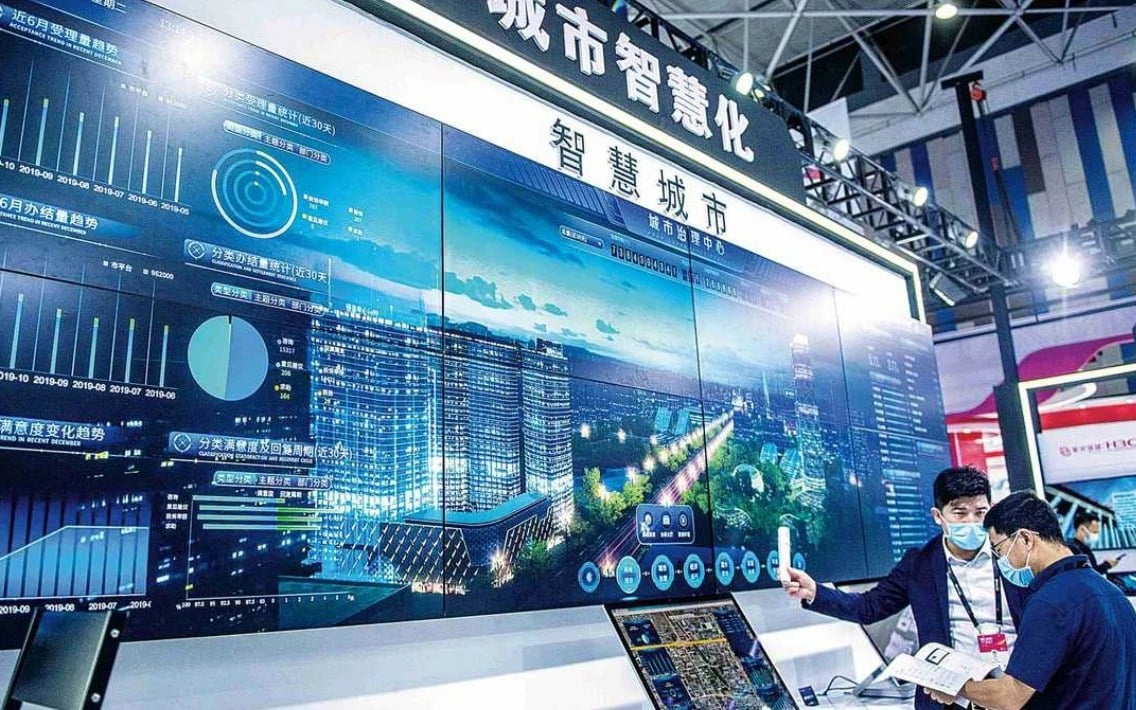

![[Photo] Bustling construction at key national traffic construction sites](https://vstatic.vietnam.vn/vietnam/resource/IMAGE/2025/5/2/a99d56a8d6774aeab19bfccd372dc3e9)


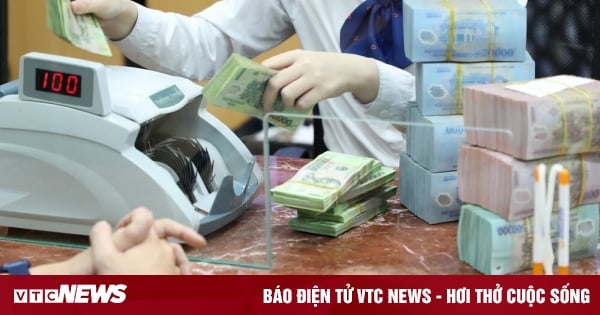
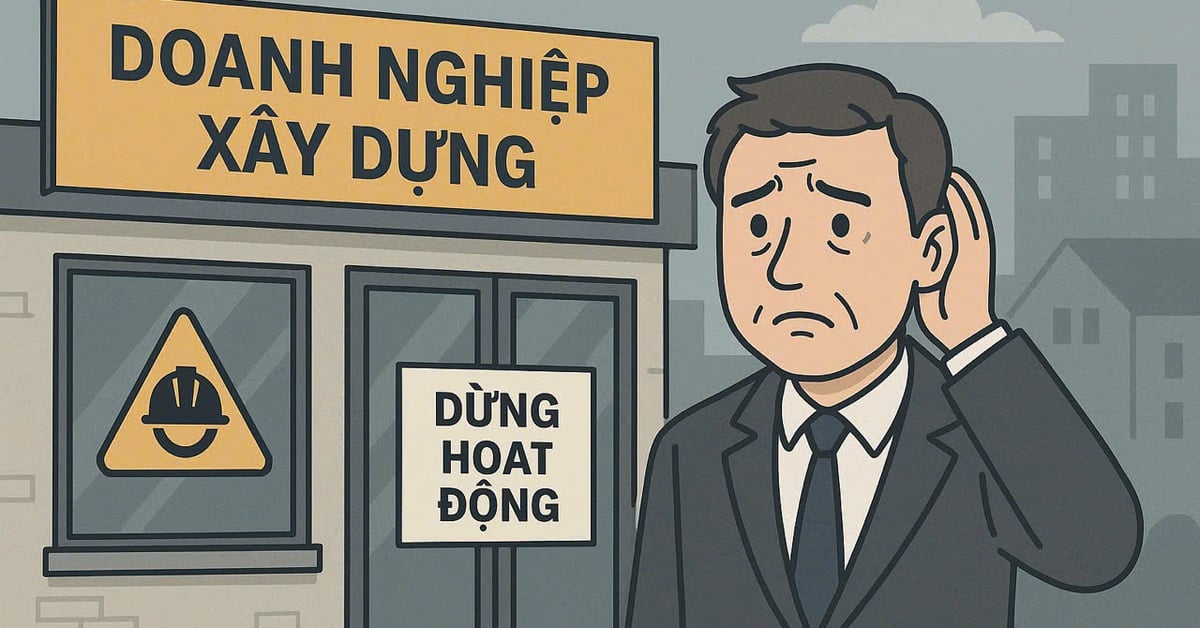
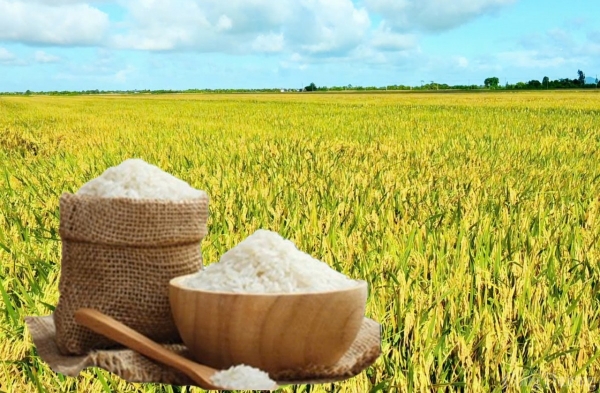
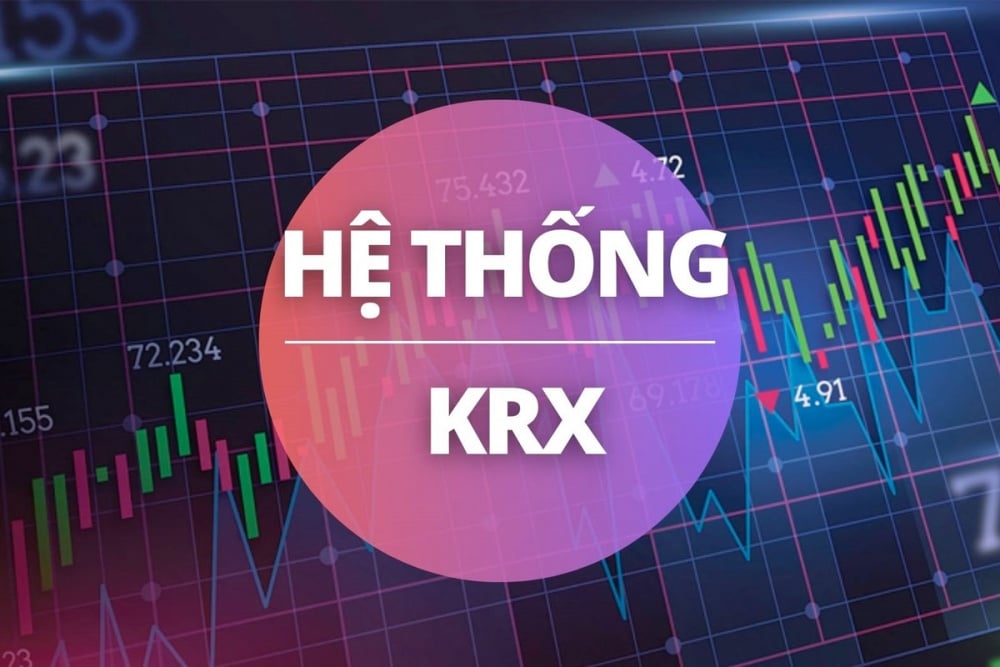






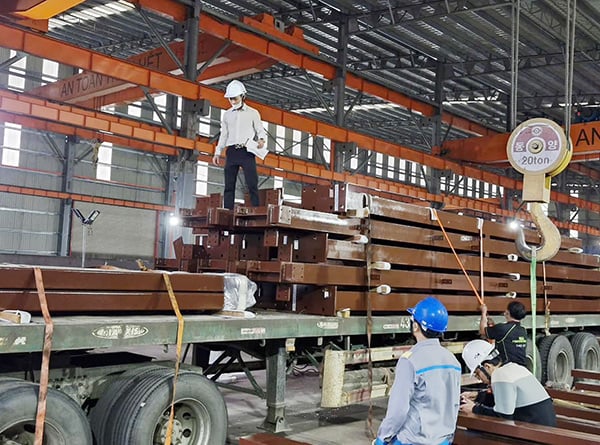

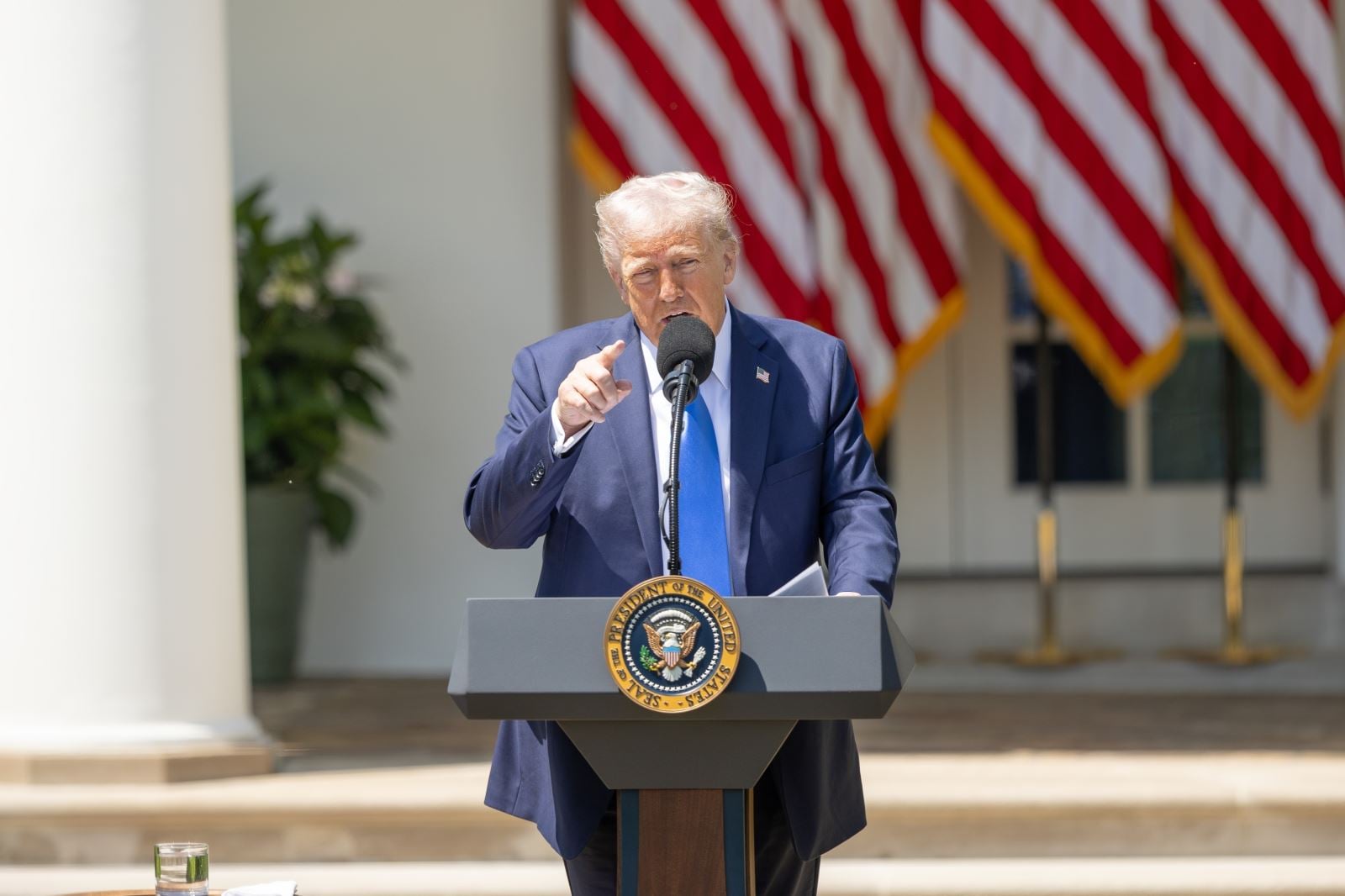
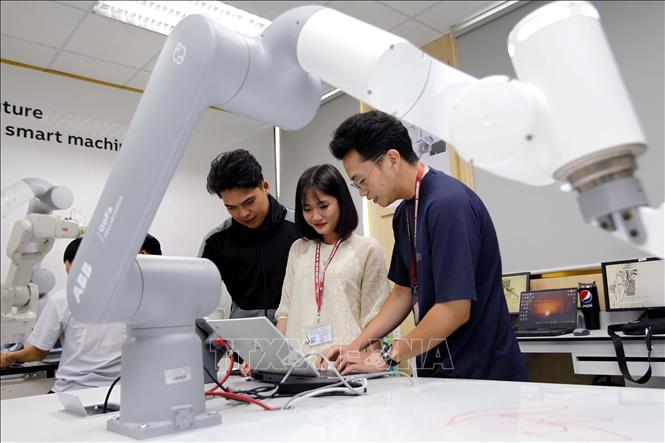
![[Photo] Binh Thuan organizes many special festivals on the occasion of April 30 and May 1](https://vstatic.vietnam.vn/vietnam/resource/IMAGE/2025/5/1/5180af1d979642468ef6a3a9755d8d51)
![[Photo] "Lovely" moments on the 30/4 holiday](https://vstatic.vietnam.vn/vietnam/resource/IMAGE/2025/5/1/26d5d698f36b498287397db9e2f9d16c)









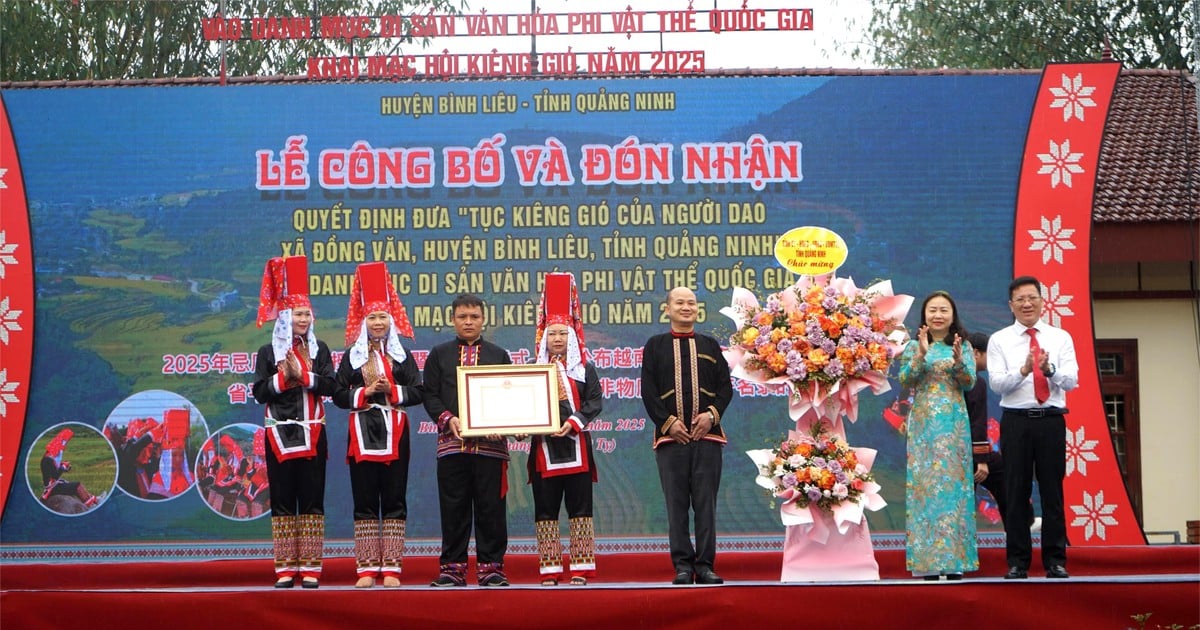


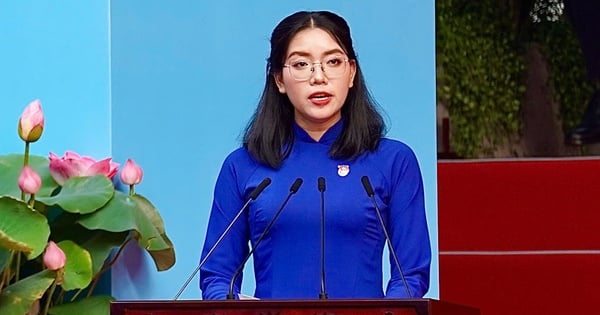



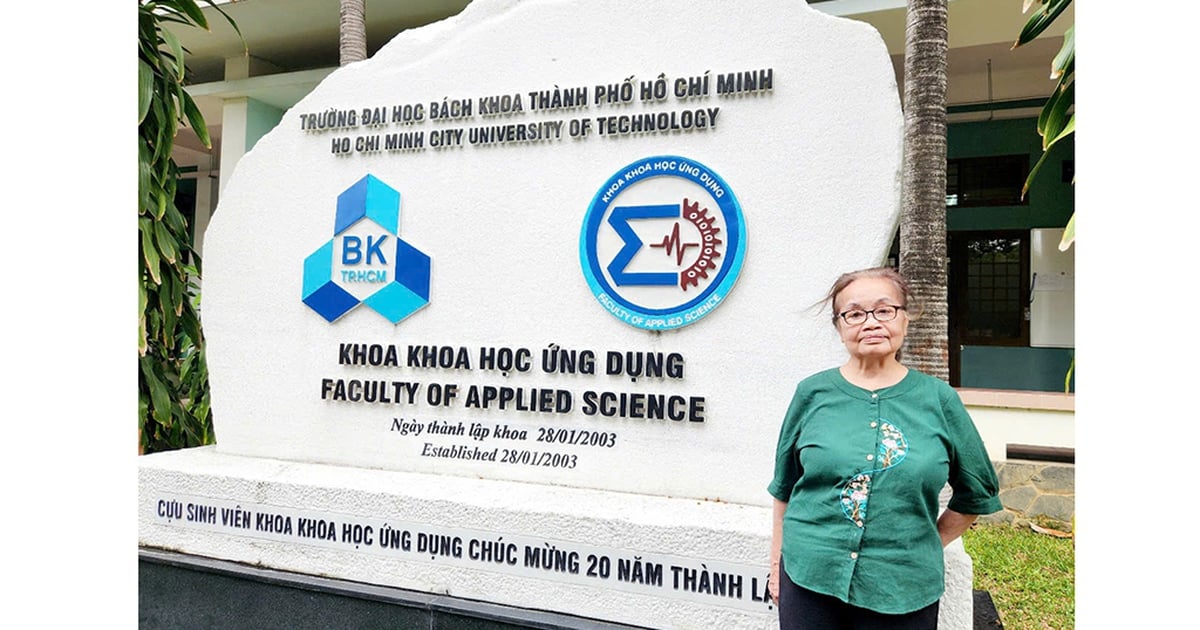

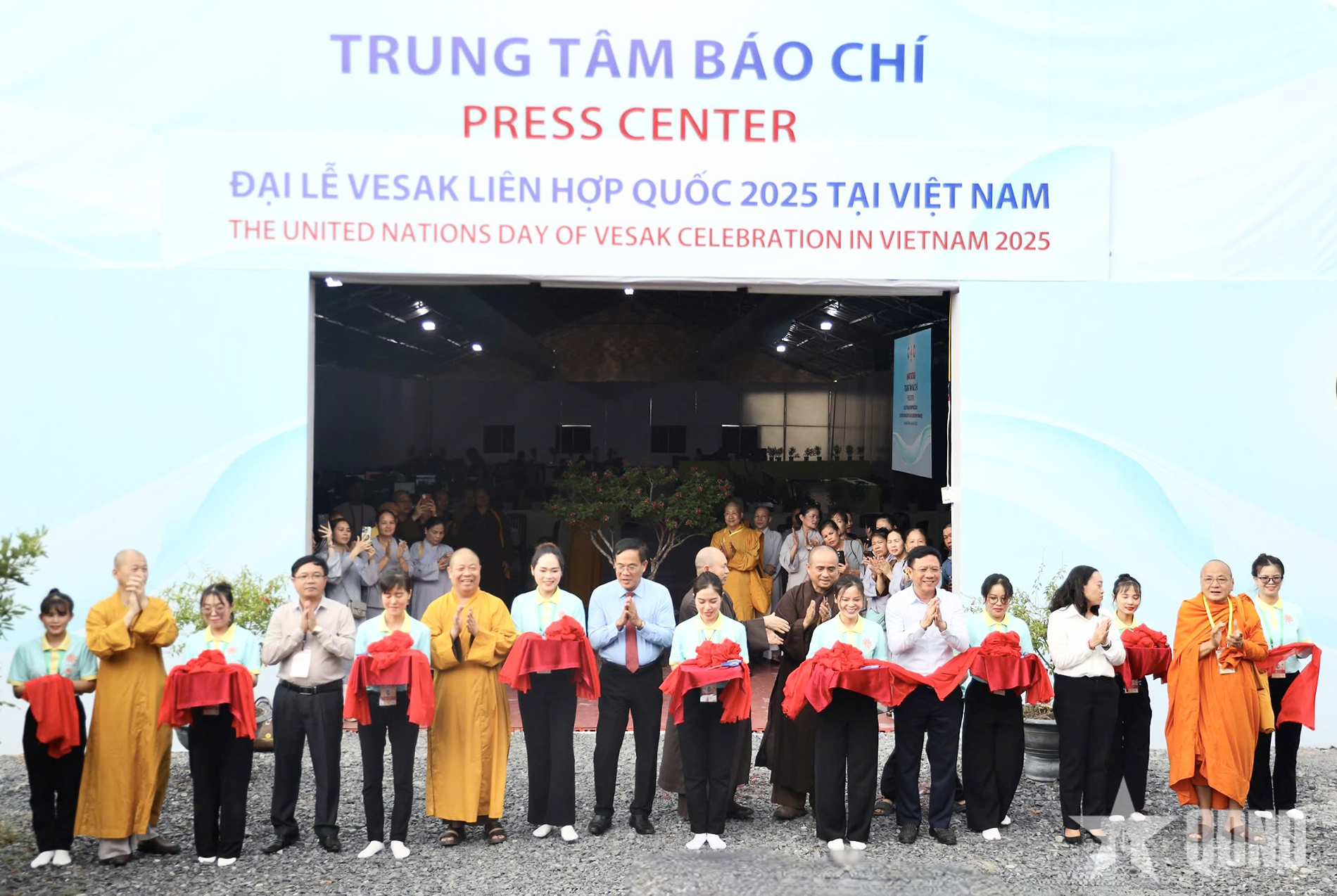



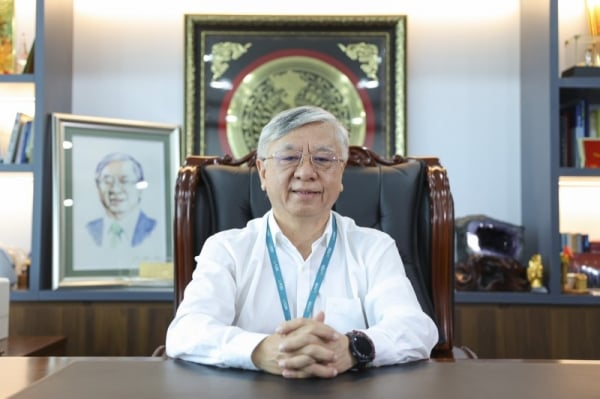









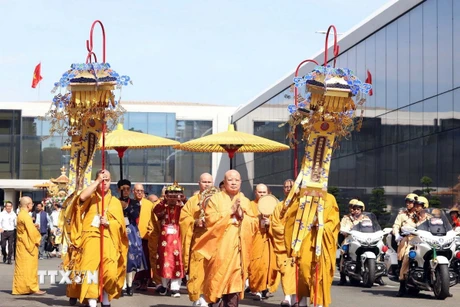

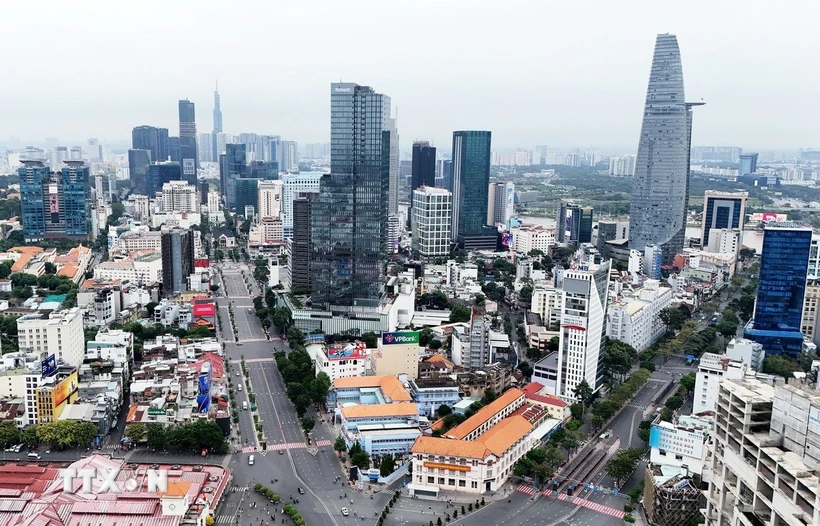
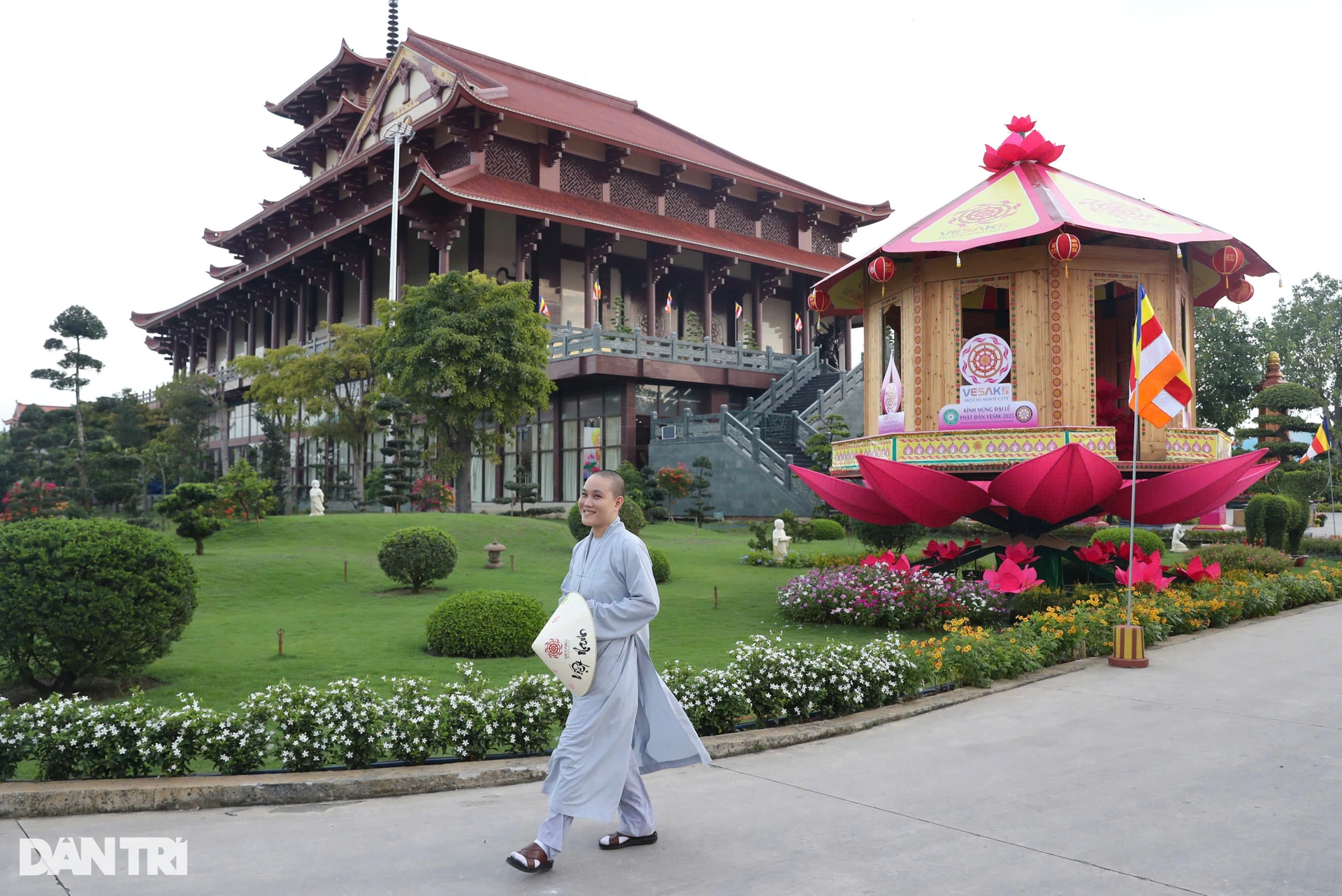

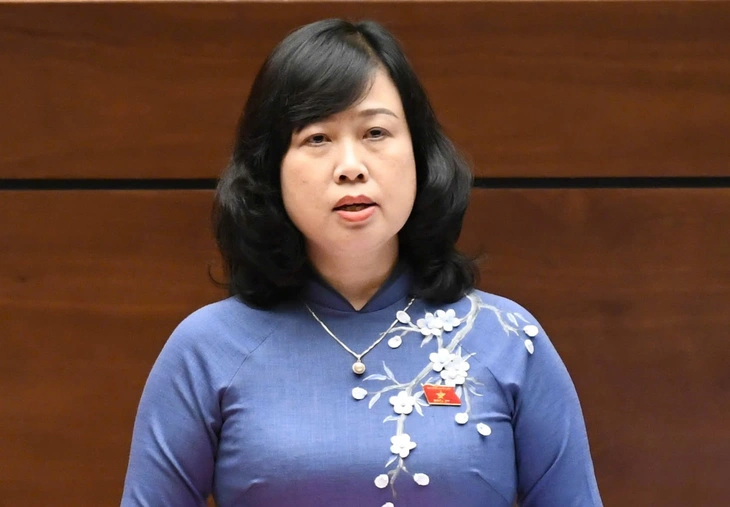

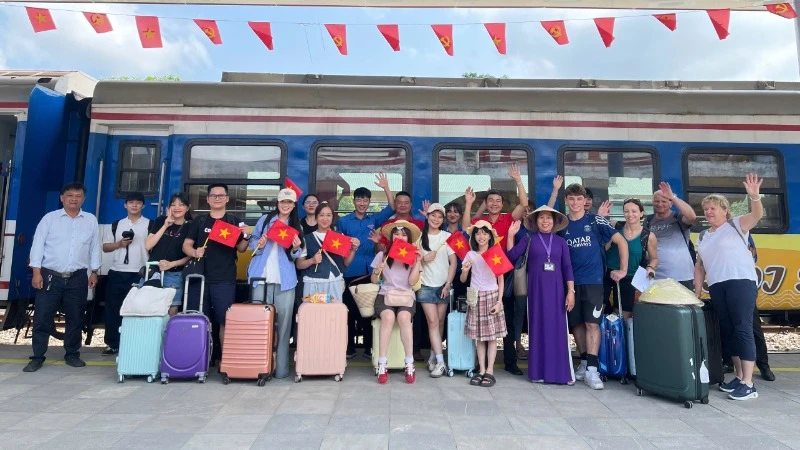
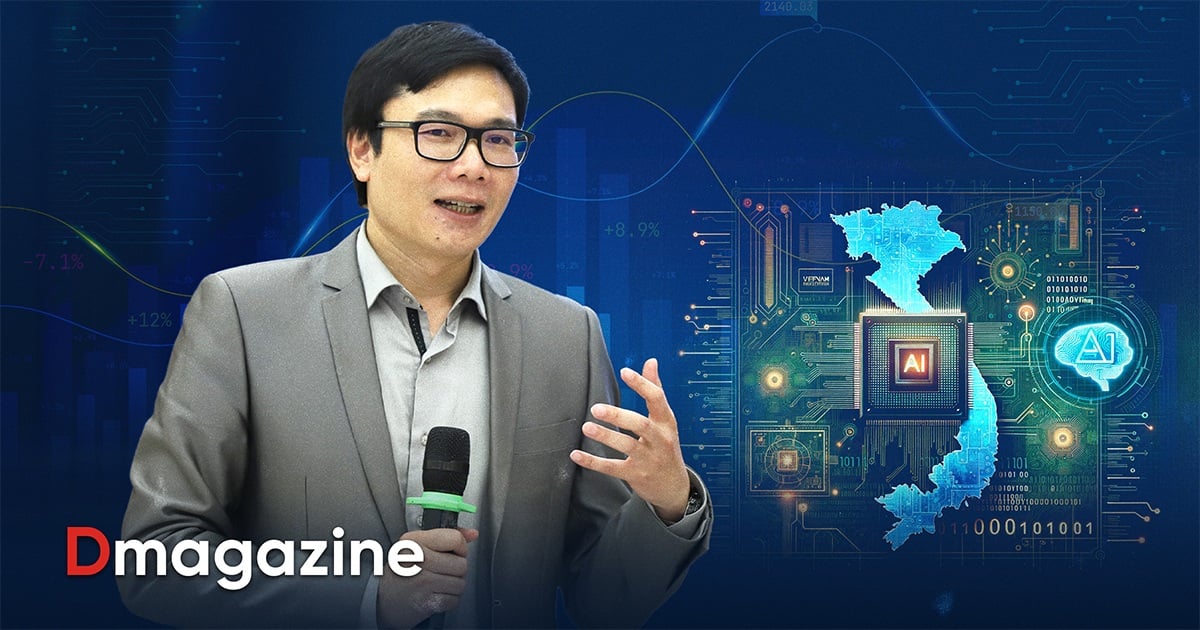
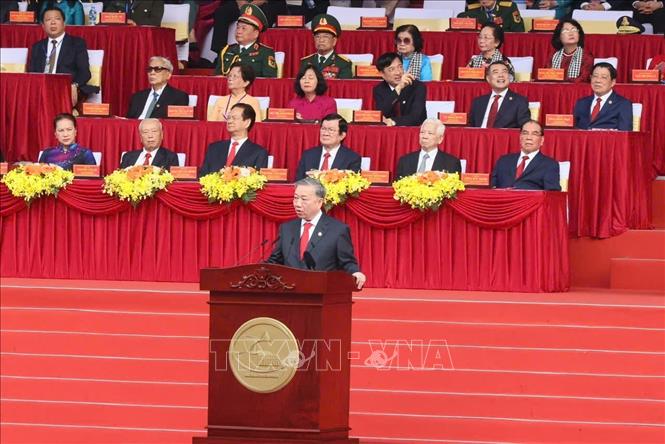







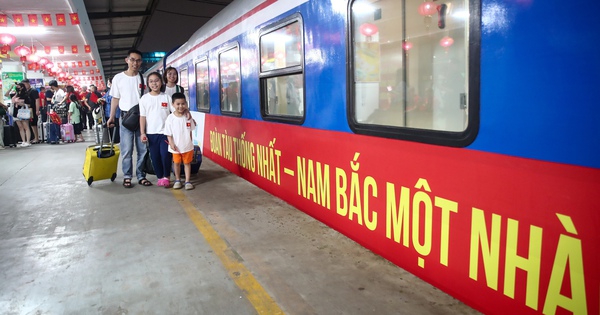
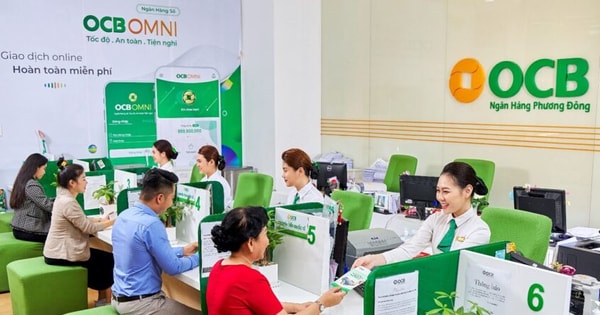

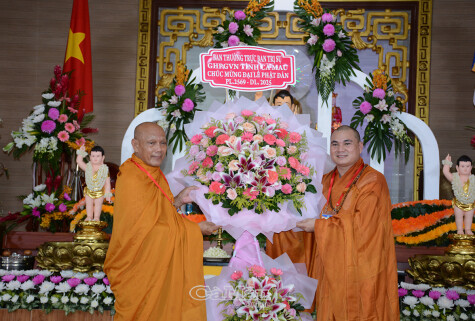

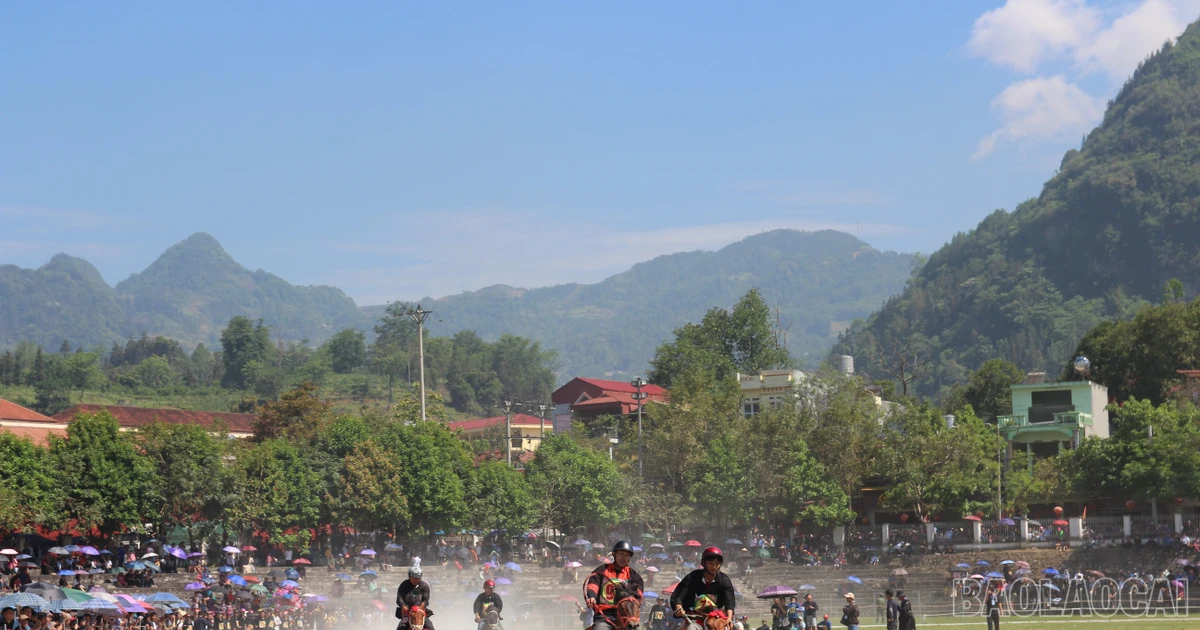











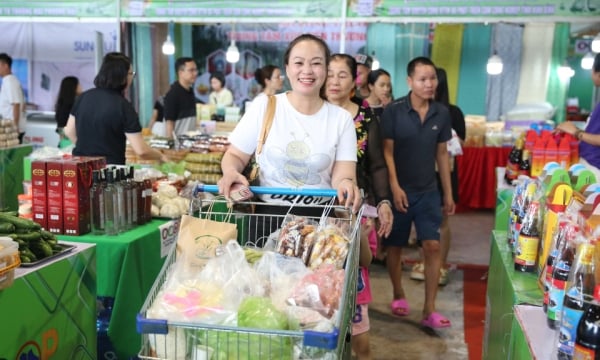
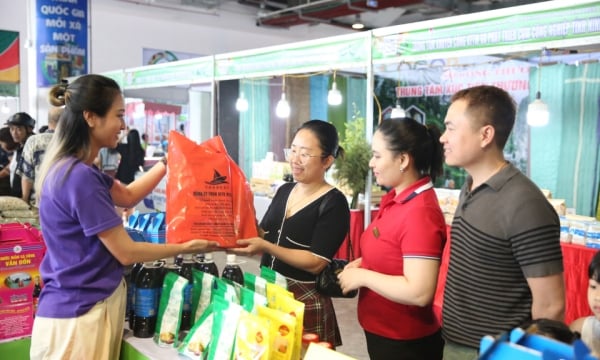
Comment (0)